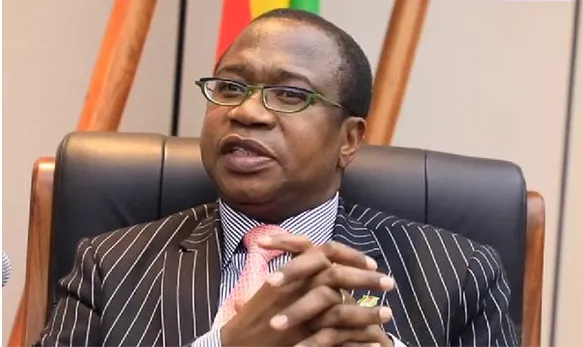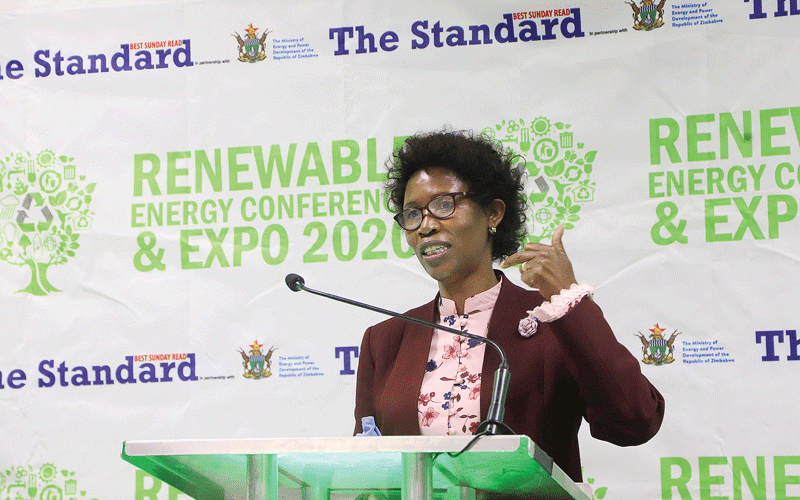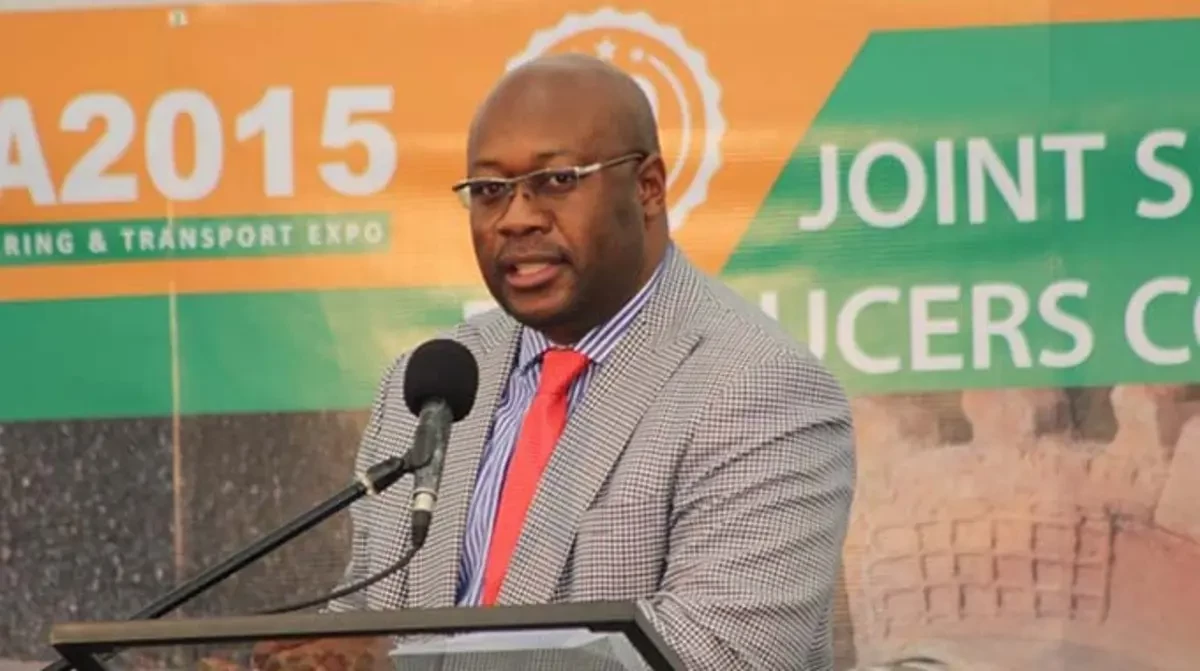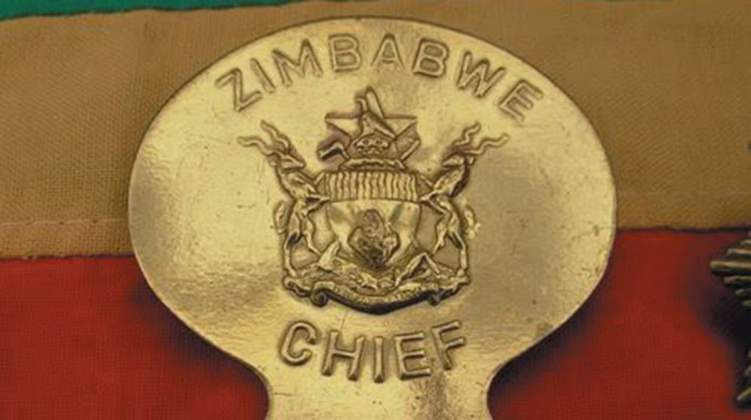
BY HARRIET CHIKANDIWA/TAURAI MANGUDHLA
A NIGHT of long knives beckons for banks after Finance minister Mthuli Ncube accused them of driving the parallel market rate up, causing the sharp tumbling of the local currency.
President Emmerson Mnangagwa’s government recently suspended lending by banks among a number of measures, accusing them of funding illegal foreign currency trading and as a result, weakening the local currency.
The suspension has since been lifted.
Amid the panic among banks, whose primary function and source of income traditionally is lending, sources close to the Presidency say Mnangagwa still has a lot more tricks up his sleeve.
While making a presentation in Parliament last week, Ncube pointed a figure at banks for their alleged role in the chaos engulfing the economy.
“The players in the parallel market are numerous. It is not just the ordinary citizens at the street corners. It is also the corporates. It is also banks. I think we know what money changers do — they change money,” Ncube said.
“So, their business is clear but illegal at the same time. Some of the corporates are going into the banking sector to borrow cheaply because of low-interest rates and use those resources to acquire inventory, to store the inventory or to put it on shelves at the higher exchange rate.
- Chamisa under fire over US$120K donation
- Mavhunga puts DeMbare into Chibuku quarterfinals
- Pension funds bet on Cabora Bassa oilfields
- Councils defy govt fire tender directive
Keep Reading
“Everytime they do that, then the whole cycle starts all over again. We have a situation where even corporates were pushing up the parallel rate. This is announced by some faceless people that there is a new parallel rate.”
Ncube said some banks were doing that of their own accord, using their own resources, taking positions in the market, adding that there were numerous players trying to make easy money, which made the exchange rate unstable.
“So, what actions have we taken and continue to take. Let me be clear: we are using both the local currency and the US dollar, it is not one or the other and there is a very good reason why we are doing that.”
Bankers Association of Zimbabwe chief executive, Fanwell Mutogo refuted the allegations, saying banks no longer deal with foreign currency.
“I don’t think banks are involved in that because we no longer deal with foreign currency in terms of the auction and there is no way banks could be involved in foreign currency trading. We only do the official thing and all our business comes through the auction so far, so there is no way we can influence (the exchange rate),” he said.
“There are some businesses which they think were misbehaving, which he may be referring to, but not banks because banks don’t deal with foreign currency besides the business which comes from the auction system.”
Ncube also made a fresh plea to consumers to accept the multicurrency regime.
“I also hear arguments about US dollarisation of Zimbabwe dollarisation, please. I urge the public to desist from that argument. It is not a useful argument because we need both currencies,” Ncube said.
“If you go to the root of Zimbabwean dollars alone, for now, it is too early to do that. It would mean that we will not allow you to hold US dollars like in any other countries, where you cannot use US dollars to shop.
“We will also not allow the banks to keep foreign currency. We cannot let them have one and half billion US dollars in the bank. We cannot allow that because a mono currency regime does not permit that.”
Ncube said companies would have to restate their balance sheets in a manner that happened in 2008/09 which was “very dangerous”.
“It starts with the key fundamentals of a stable currency that we do not want huge budget deficits. In the last four years, we have not been running large budget deficits,” Ncube said.
“We even ran a surplus in 2021. However, we had a small deficit, 1,5% deficit, which is within the 3% target that Sadc has mandated all countries to run their countries properly.”
- Follow us on Twitter @NewsDayZimbabwe










